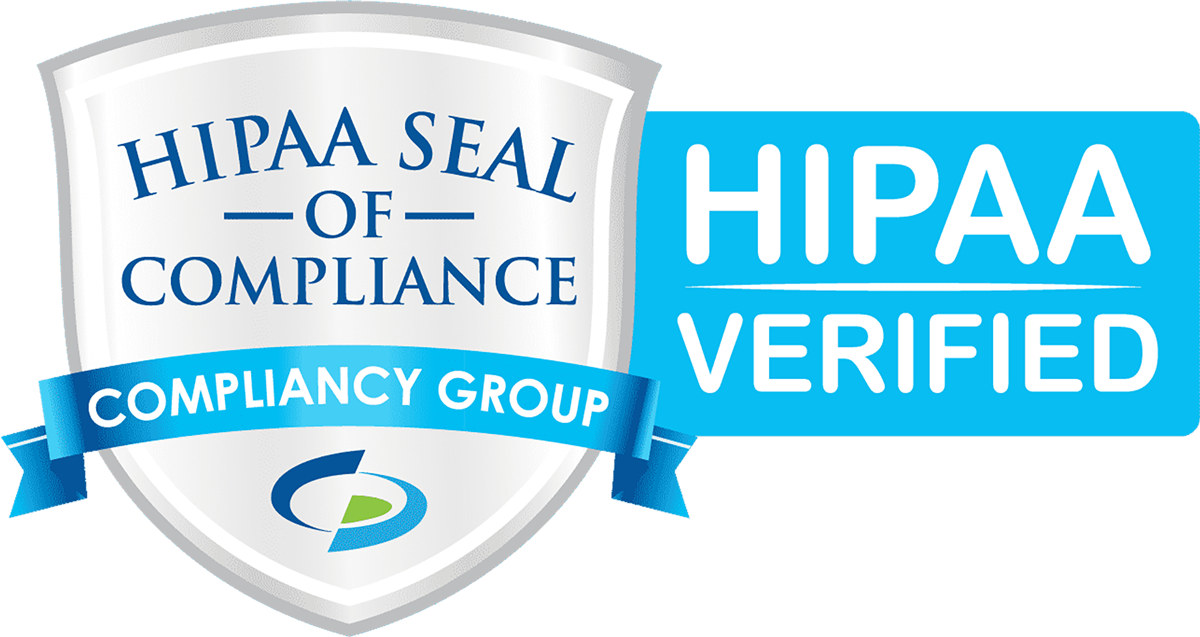Specialized Programming Overview
Bright Path Program provides a variety of In-Patient Neuro-Behavioral programming that has been developed based on extensive experience in clinical, organizational and developmental collaboration with The Cottages On Mountain Creek. Programs currently include the following:
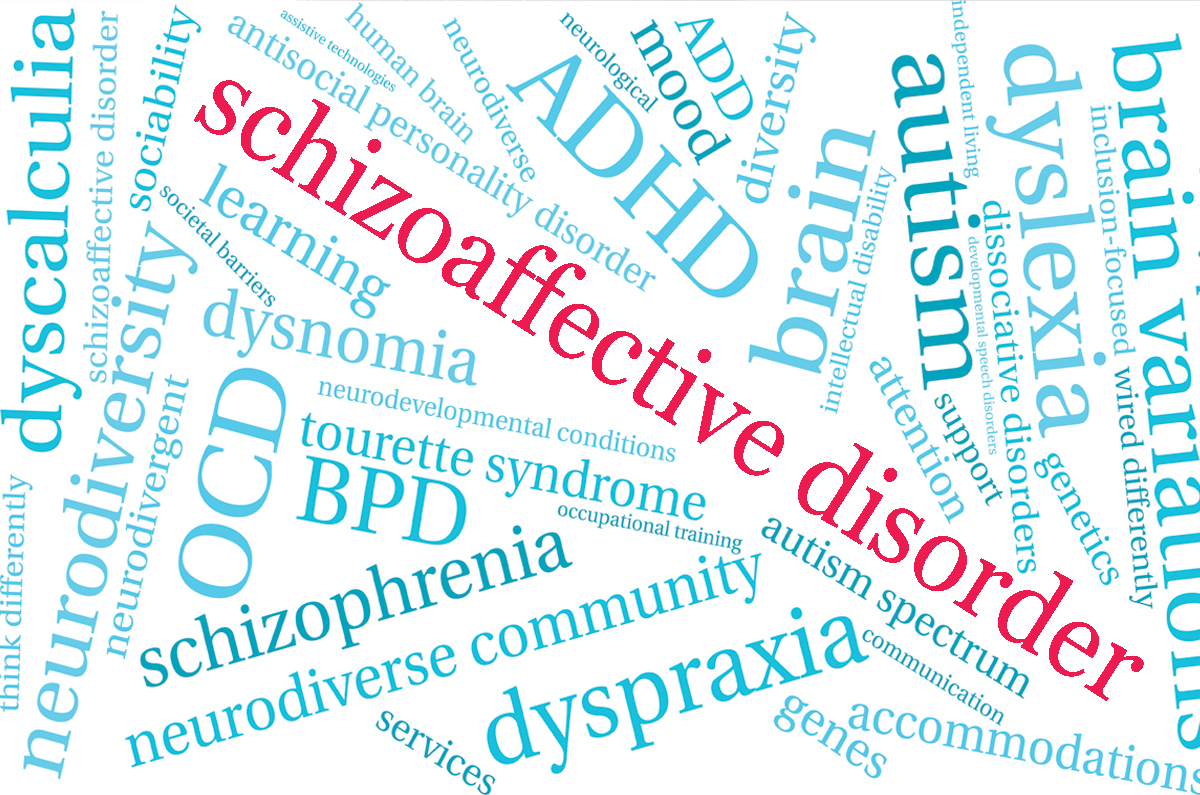
Schizoaffective Disorder
Schizoaffective Disorder is a mental health disorder marked by a combination of Schizophrenia symptoms and mood disorder symptoms (depression or mania). The two types of Schizoaffective Disorders: Bipolar Type and Depressive Type.

Bipolar Disorder
Bipolar disorder is a mental health condition that causes mood swings including emotional highs and lows. The primary difference for Bipolar 1 and Bipolar 2 severity is manic episodes (highs).
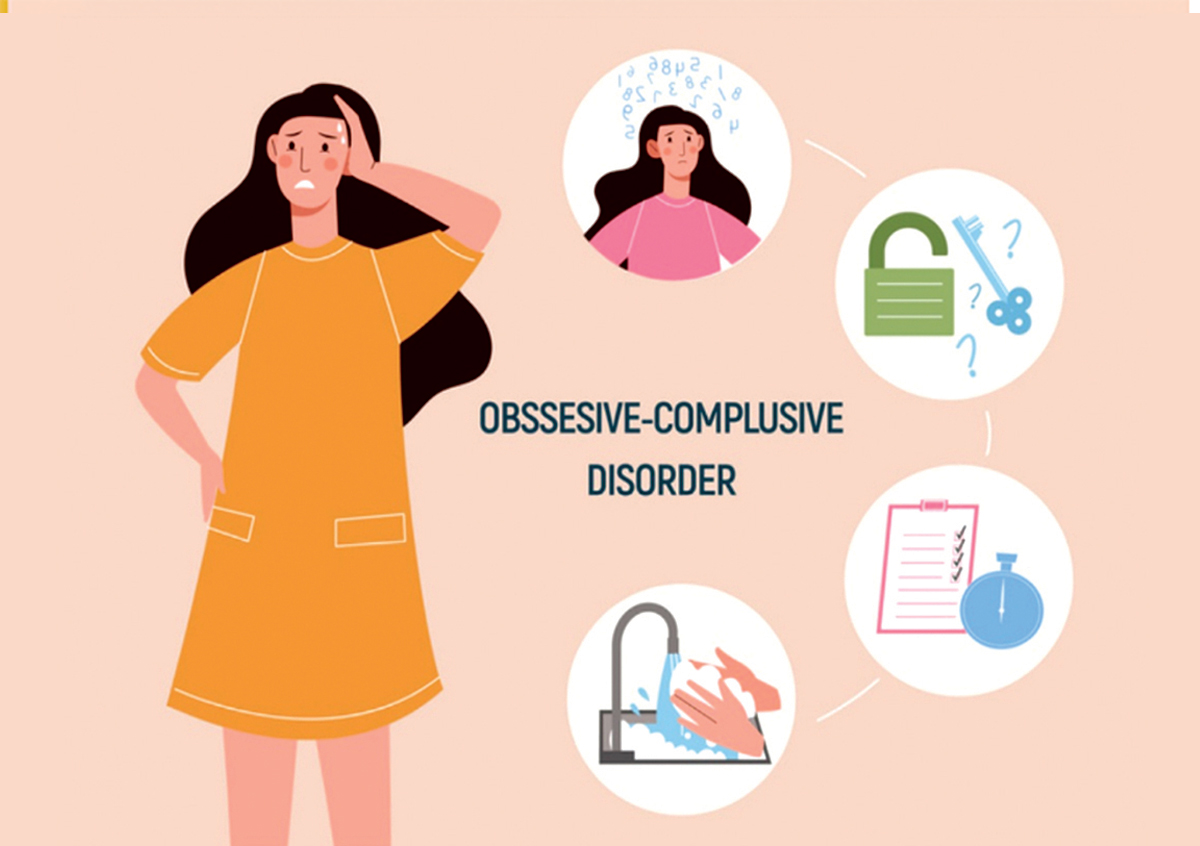
Obsessive Compulsive Disorder (OCD)
Obsessive Compulsive Disorder (OCD) treatment may not result in a cure, but it can help bring symptoms under control. Depending on the severity of OCD, long-term, ongoing or more intensive treatment may be required.
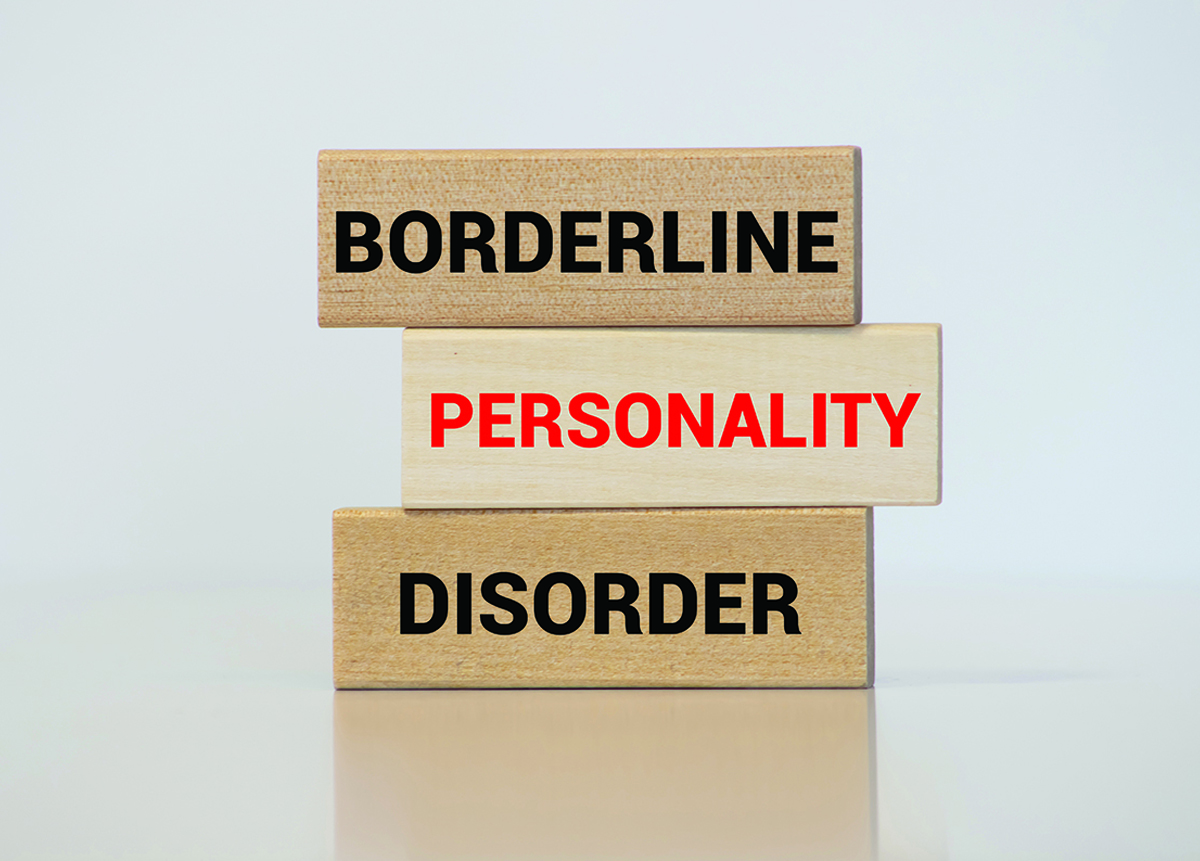
Borderline Personality Disorder (BPD)
Borderline Personality Disorder (BPD) is a serious mental health condition associated with difficulties in managing emotions. Borderline personality disorder is a mental health condition known as personality disorders.

Over 55+ Mental Health Co-occurring Cognitive Behavior Memory Loss
Bright Path Program has embarked on a Cognitive Behavioral Program that is wrapped around co-occurring cognitive issues such as: Depression, Anxiety, Addictive Disorders, Traumatic Brain Trauma, and Early-Stages of Memory Care.
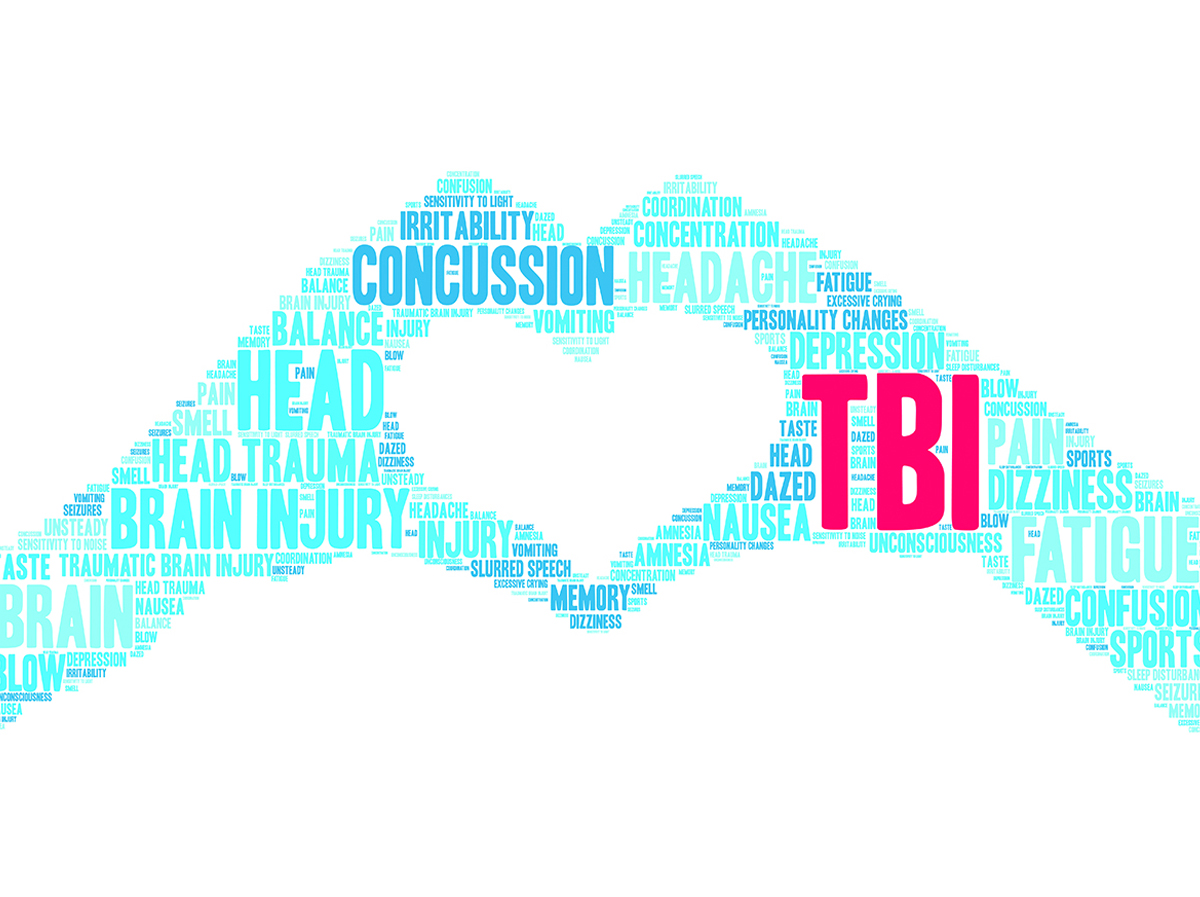
Traumatic Brain Injury (TBI)
Traumatic Brain Injury (TBI) is a damage to the brain caused by a sudden trauma to the head. TBI is a major cause of death and disability in the United States, contributing to about 30.0% of all injury deaths. Concussions are milder cases of TBI. More severe TBI can cause a permanent damage to the brain or lead to death.

Asperger Syndrome
Asperger’s Syndrome is a mild form of high-functioning autism more common in males than in females. Though, by definition, people with Asperger’s Syndrome have no significant delay in language or cognitive development, they often have difficulty with social interaction and sensory reception. As such, many adults, who may have never received any type of diagnosis or services as a child, are being diagnosed as adults.

